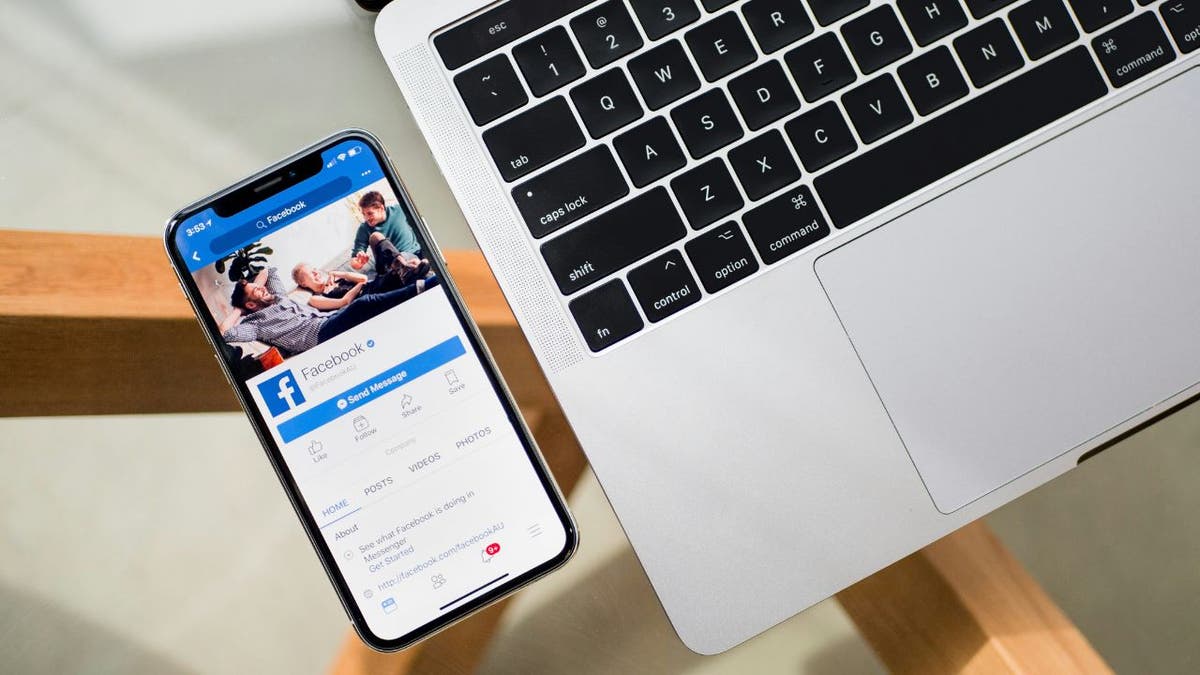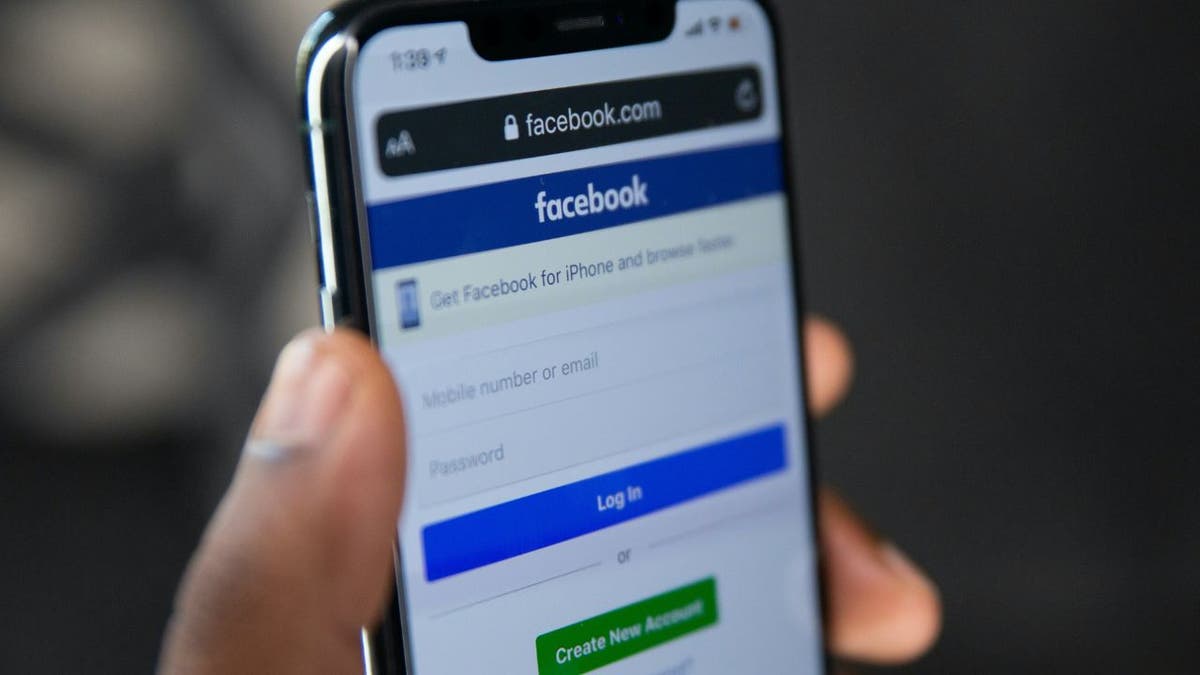

It started with a Facebook friend request and a message that felt too good to be true.
Then, it quickly turned into an expensive lesson in online deception.
The woman this happened to in Jensen Beach, Florida, wrote us saying, "He kept telling me it was my lucky day. I had just won a new white Tesla and $250,000 in cash. All I needed to do was send him an Apple Gift Card for $200. So I did. Well, $800 later, he wanted more to pay for the broken-down truck that was on its way to my house to deliver my winnings."
The scammer, posing as Elon Musk, used flattery, fake urgency and a convincing profile to lure the victim into a carefully staged hoax. Behind the big promises was someone who walked away with hundreds of dollars in untraceable gift cards. Here’s how the scam works and how you can avoid falling for it.
Sign up for my FREE CyberGuy Report
Get my best tech tips, urgent security alerts, and exclusive deals delivered straight to your inbox. Plus, you’ll get instant access to my Ultimate Scam Survival Guide — free when you join.
A CLOSE CALL WITH A FACEBOOK SCAM THAT TRIED TO STEAL CREDIT CARD INFO

A person trying a Tesla vehicle. (Kurt "CyberGuy" Knutsson)
This type of scam often begins after someone posts about Musk, Tesla or cryptocurrency. Scammers monitor public Facebook activity, then send a friend request from an account using Musk’s name and photo. The profile may look legitimate, with copied images, reposted news articles or AI-generated content.
Once the request is accepted, the impersonator encourages the victim to continue the conversation on WhatsApp. From there, the scam unfolds in a way that feels casual but calculated. The victim is congratulated on being randomly selected to win a brand-new Tesla and a large cash prize, often around $250,000. But before the reward can be delivered, they are told to cover "delivery fees" using an Apple Gift Card.
In the case of the woman from Jensen Beach, she sent multiple gift cards totaling $800 before realizing the story was a setup. After claiming that a delivery truck had broken down, the scammer requested even more money. That's when she recognized the pattern and blocked the account. But unfortunately, by then, the funds were already gone.

A Facebook app on a smartphone. (Kurt "CyberGuy" Knutsson)
SPOT FAKE ONLINE STORES AND AVOID FACEBOOK SUBSCRIPTION SCAMS
Gift cards are one of the most common tools used in scams because they are fast, anonymous, and nearly impossible to recover once the code is shared. Scammers often claim that the cards are needed to cover fees, unlock a prize or verify your identity. Once a scammer has the code, they can do a few things:
Apple Gift Cards are frequently used because they are easy to find in stores and can be used for high-value digital purchases. But scammers also use Google Play, Amazon, Steam and Visa prepaid cards, depending on what they think the victim can access. These requests usually come with urgency. Victims may be told to stay on the phone while buying the cards or to scratch off the back and send a photo of the code right away. That sense of pressure is designed to override second thoughts. If anyone you do not know asks for payment in gift cards, it is a scam. No legitimate organization or contest will ever ask for them as payment or verification.
META FACES INCREASING SCRUTINY OVER WIDESPREAD SCAM ADS
Scams that impersonate celebrities or public figures have become increasingly common. Criminals use well-known names to create a false sense of trust and urgency. Once they have your attention, they use that trust to steal money or personal information. Musk is one of the most frequently impersonated figures in scam campaigns. His name is widely associated with innovation, crypto and high-value giveaways, which makes him a perfect target for fraudsters trying to appear legitimate. Some of the most common Elon-related scams include:
What ties these scams together is the use of a familiar face to lower suspicion. The scammer may use deepfake video, AI-generated voice clips or doctored screenshots to make the offer feel more real. Once the target engages, the pressure begins. Victims are asked to send money, act quickly and avoid telling anyone. If a message or ad involves a celebrity offering free money, discounted products or special access to a private opportunity, it is almost certainly a scam.
WHAT IS ARTIFICIAL INTELLIGENCE (AI)?

A Facebook app on a smartphone. (Kurt "CyberGuy" Knutsson)
AI CYBERSECURITY RISKS AND DEEPFAKE SCAMS ON THE RISE
These scams rely on quick decisions, emotional reactions and a false sense of trust. Slowing down and checking for warning signs can help you stay safe. Here are some practical steps:
1. Never send gift card codes to anyone you do not know: If someone asks for Apple, Amazon or Google Play cards as payment or verification, it is a scam. No real prize, agency or company will request gift cards.
2. Be skeptical of prize claims from celebrity accounts: Musk is not messaging people on Facebook to give away Teslas or cash. If the profile is unverified or the offer feels random, trust your instincts and ignore it.
3. Do not move conversations to private apps like WhatsApp or Telegram: Scammers often push for this because these platforms have fewer safeguards, no public comment threads and limited reporting tools. Once the chat moves off Facebook, it becomes much harder to verify or report what’s happening. If someone you do not know insists on switching platforms, it’s usually a sign they are hiding something.
4. Consider using a data removal service: If a scammer has targeted you or impersonated you online, chances are your personal information is floating around on data broker websites. These sites collect and sell everything from your home address to your family members’ names, making you a bigger target for future scams. Data removal services can help you scan the web and request the deletion of your info from these brokers. While you can do this manually, it’s time-consuming. Services like Incogni offer subscriptions that automate the process and monitor for new exposures. If you’ve been scammed or suspect your information was leaked, using a data removal service adds another layer of protection and peace of mind. Check out my top picks for data removal services here.
Get a free scan to find out if your personal information is already out on the web
5. Watch for common red flags: Be cautious of sudden friend requests from unfamiliar accounts, vague messages that mention surprise winnings, poor grammar or any pressure to act quickly. Scammers often use emotional triggers to override your judgment. If something feels off or too convenient, it probably is.
6. Install strong antivirus software on all devices: Some impersonation scams include links to phishing pages or malware. Antivirus tools can block these threats before they reach your inbox. The best way to safeguard yourself from malicious links that install malware, potentially accessing your private information, is to have antivirus software installed on all your devices. This protection can also alert you to phishing emails and ransomware scams, keeping your personal information and digital assets safe. Get my picks for the best 2025 antivirus protection winners for your Windows, Mac, Android and iOS devices.
7. Use two-factor authentication and a password manager: If a scam compromises your login credentials, two-factor authentication (2FA) can block unauthorized access. A password manager also helps protect against reused or weak passwords. Get more details about my best expert-reviewed Password Managers of 2025 here.
8. Report the scam right away: Use Facebook’s reporting tools to flag fake profiles or messages. You can also file a complaint with the FTC at ReportFraud.ftc.gov to help warn others.
BEST SECURITY CAMERAS TO MONITOR AND IDENTIFY CAR VANDALISM
Scammers are using Musk’s name to run fake prize scams, investment traps and Facebook impersonation schemes. In one case, a reader lost $800 after being promised a Tesla and $250,000 in cash, but only if they sent Apple Gift Cards first. These scams rely on trust, speed and celebrity recognition. The real Musk is not sending private messages to strangers. If someone contacts you about a prize and asks for money or gift cards, it is a scam. Report it, block the account and help others stay alert.
Have you ever been contacted by someone pretending to be Elon Musk? Let us know by writing to us at Cyberguy.com/Contact.
For more of my tech tips and security alerts, subscribe to my free CyberGuy Report Newsletter by heading to Cyberguy.com/Newsletter
Ask Kurt a question or let us know what stories you'd like us to cover
Follow Kurt on his social channels
Answers to the most asked CyberGuy questions:
New from Kurt:
Copyright 2025 CyberGuy.com. All rights reserved.
